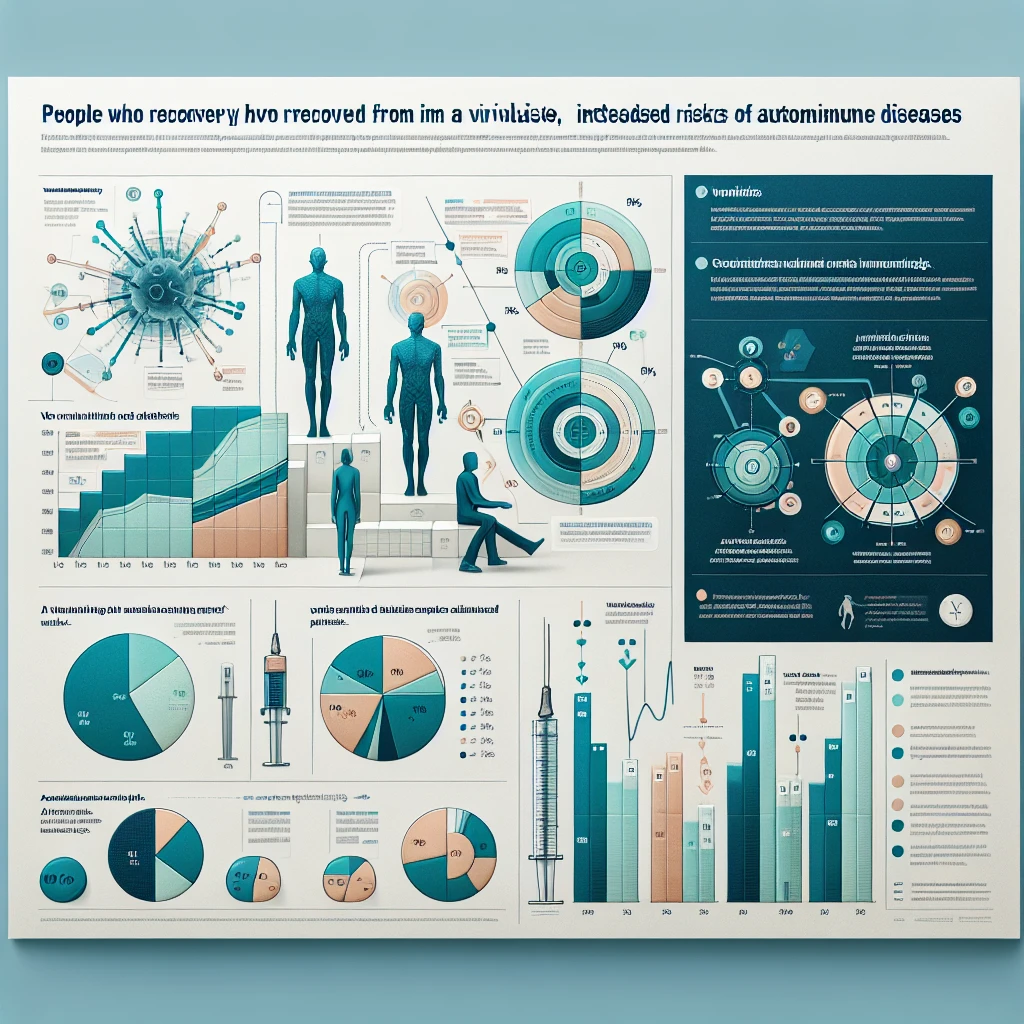Real Estate
Addressing Health Impacts of Detroit's Housing Inequity through Policy
By Domingo Rolfson
July 3, 2024

Detroit's housing crisis has been a long-standing issue, deeply rooted in systemic inequities that disproportionately affect its black residents. Our research uncovers the intricate connections between these housing disparities and various health outcomes. The issues range from increasing rent prices to poor living conditions, with many Detroiters facing barriers to affordable and safe housing.
Housing instability is not just about lacking a roof over one’s head; it encompasses several aspects such as overcrowding, inadequate dwelling conditions, frequent relocations, or the allocation of most household income towards accommodation. These factors can amplify the risks of eviction, homelessness, mental health issues, and even physical illnesses.
In Detroit, where half of the population are renters earning an average household income of $26,704—almost $13k less than Michigan's median based on American Community Survey data—they face significant financial strain. Approximately 60% are cost-burdened due to spending more than 30% of their earnings on rent and utilities.
These problems have historical roots entrenched in racial discrimination practices like redlining, a government-backed policy that limited the provision of loans or mortgages within black neighborhoods by banks and insurers. This practice resulted in far-reaching implications, including lower homeownership rates (around 30%) and reduced household incomes ($60k difference) compared to predominantly white areas that were given better opportunities nearly a century ago.
Moreover, discriminatory practices persist today through foreclosures and evictions. Over recent decades, Detroit experienced one of America’s highest tax foreclosure rates, peaking at around 6k owner-occupied homes being repossessed during the height of this crisis back in 2015, leading to displacement and thereby escalating mental health risk amongst those affected.
This trend also gave rise to investor/speculator acquisitions at auctions who tend to neglect property maintenance while also evicting tenants more frequently, resulting in approximately 30k annual eviction filings pre-COVID pandemic era rising again after a brief respite period, reaching over 20k filings against locals in 2023. Studies link eviction to both mental and physical health deterioration.
Even those not facing eviction risk are subjected to escalating rent for substandard housing despite the city’s rental ordinance requiring landlords to register and comply with local safety codes—a measure predominantly ignored, as shown by research indicating that 90% of pandemic-era evictions involved non-compliant properties.
Homelessness is another dire consequence of these issues, with around 1,691 Detroiters experiencing homelessness in January 2023, which exacerbates their vulnerability to mental health problems, diseases, and even death.
However, there have been some positive developments, such as a significant reduction in tax foreclosures, attributed partly to the pandemic-era moratorium initiated by the Wayne County Treasurer's Office and ending in 2023. The county also administers the Michigan Homeowner Assistance Fund, along with programs like Pay As You Stay and the Detroit Tax Relief Fund aimed at clearing tax debts for homeowners. Similar initiatives include Detroit's Homeowners Property Exemption program, which exempts certain low-income homeowners from property taxes and prevents tax delinquency.
Despite these measures, awareness seems limited, leading to few qualifying households accessing them, thereby risking foreclosure or displacement potential. Yet resilience amongst locals coupled with persistent advocacy has resulted in substantial progress towards housing justice, translating community concerns into city policies, and successfully organizing for legal representation rights during eviction proceedings for eligible low-income residents back in 2022.
Detroit could further explore following other cities like Philadelphia in implementing eviction diversion or mediation models, reducing filing rates, while increasing investments targeting black homeownership, promoting stability, and encouraging long-term residence.
LATEST ARTICLES IN Real Estate
Luxury Homes Make Up 41% of India's H1 2024 Sales.
Ireland's Annual Need: 44,000 New Homes for Growing Population.
Cedar Falls Residents Divided Over Sewer Extension Plan.
Housing Market Downturn Signals Economic Trouble.
Join Our Newsletter
Popular Articles
-

Mar 13, 2024
Anyone But You - A Romantic Comedy Surprise of 2023 -

Feb 01, 2024
AI Company About to Revolutionize the Medical Space? -

Mar 20, 2024
COVID-19 Survivors at Risk for Autoimmune Diseases -

Jan 27, 2024
Get Rich in a Year with These 3 Coins!




